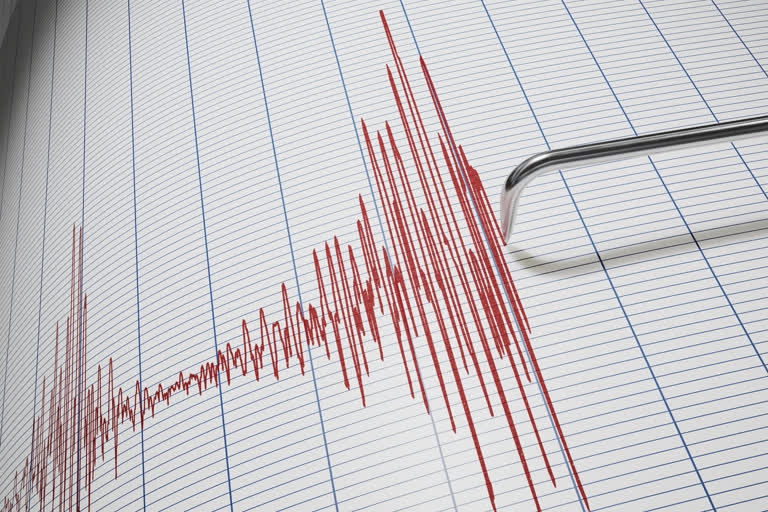New Delhi: As Delhi-NCR region and its surrounding areas continue to witness low to medium intensity earthquakes over the past two months, some reports indicate that a powerful earthquake could strike India's National Capital in near future.
Terming such reports as 'baseless', experts said that low to medium intensity tremors cannot predict that a powerful earthquake is approaching the national capital .
Speaking to ETV Bharat over the matter, Dr G Suresh, Scientist 'F' at Seismology division, Ministry of Earth Science said, "There is no logic in these reports. It is difficult to say that these tremors will lead to a bigger earthquake. It may or may not happen. We cannot predict these activities. The activities are taking place along the known faults only."
'Faults' are the fracture or discontinuity inside the earth, when the two blocks splits along with this discontinuity.
Dr Suresh elaborated that the magnitude of all the tremors felt in the Delhi-NCR region are very low on the Richter Scale and the epicentres were different.
"A very non-linear pattern of the earthquake is occurring in Delhi-NCR region. On May 29, the event occurred in Rohtak city over the Mahendragarh-Dehradun fault, while the earthquake occurs in Greater Noida was near the Mathura fault," he said.
According to the National Center for Seismology(NCS), there are three fault-lines in Delhi-NCR, including Delhi-Moradabad faultline, Mathura faultline and Sohana faultline.
Dr Suresh clarified that all the earthquakes occurred in the Delhi-NCR region were near these faultlines.
"Certainly, it is true that there is an increase in activity. In terms of earthquakes, the science has not yet developed up to a level that it can find out the reasons behind these earthquakes," he asserted.
NCS has registered a league to 10 earthquakes between April 12 to May 29 in the Delhi-NCR region. In addition to that, on Wednesday, Noida had also experienced a medium intensity earthquake of magnitude 3.2. It is a known fact that the Delhi-NCR belt, especially the areas near Yamuna river comes under high-risk seismic zones.
"We can't predict any upcoming activities but we have to strengthen our infrastructure for any possibility," said Dr Suresh.
Also read: India-Japan partnership post COVID-19



